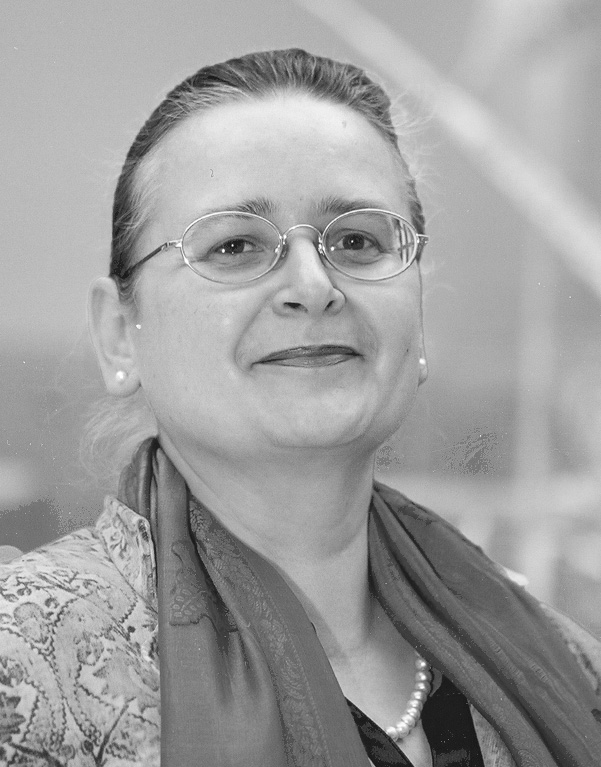
Prof. Dr. Gisela Febel
As a professor of Romance Literary and Cultural Studies (em.), I have been dealing with questions of postcolonial literatures and theories of difference for a long time. For me, the question of how life in contradictions, survival strategies and resistance are represented in literatures, both in the present and in history, is particularly exciting. In addition to narrative texts, I’m also interested in other genres and media, especially in poetry and film. In the context of cultural theory, I examine ways of living together in the face of colonial or cultural differences, concepts of humanism and figurations of humanity and intensity. Although the history of the Romance countries and cultures is one of colonial power relations and of subversive or open resistance, the concept of contradiction has had so far little importance in Romance studies.
In the context of Contradiction Studies, I want to reflect on such global historical entanglements in the light of postcolonial and decolonial approaches in order to understand the function of contradictions as major impulses of political and social identity formation in Romance countries. I am convinced that looking at the resistance figures in discourses, literature and media products, politics and everyday practice, can expand and enrich our knowledge of living together. For me, literary studies primarily mean intensive reading and critical discussion, here, for example, discussion of basic texts about concepts such as the “differand” (Lyotard 1983) and current theories, for example, on the decolonial conviviality (Quijano 2014) of a life in contradictions, or the resistant re-readings of European philosophy from the point of view of the former colonized (Mbembe 2013).
I am currently doing research on Caribbean literatures, Black Diaspora in France, the representation of history and dialogue in the early modern period, autofiction and ethnofiction in contemporary texts. I am also very interested in the diachronic dimension of Contradiction Studies in terms of memory politics, for example in a historical reflection on the mythization of resistance during the German occupation in France, in the Haitian Revolution or in the Spanish civil war.
I look forward to theoretically and / or text reading oriented project proposals from doctoral students in the field of Romance studies or based on French or Spanish texts (or Italian) or comparative projects, also on media texts. Keywords could be: representations of resistance, post-colonial criticism in literature and / or film, decolonial community models, literature as a place of negotiations (about contradictions), creolization, conviviality and contradiction, identification in the diaspora, ethnoscapes, Noirs de France, Buén vivir, etc.